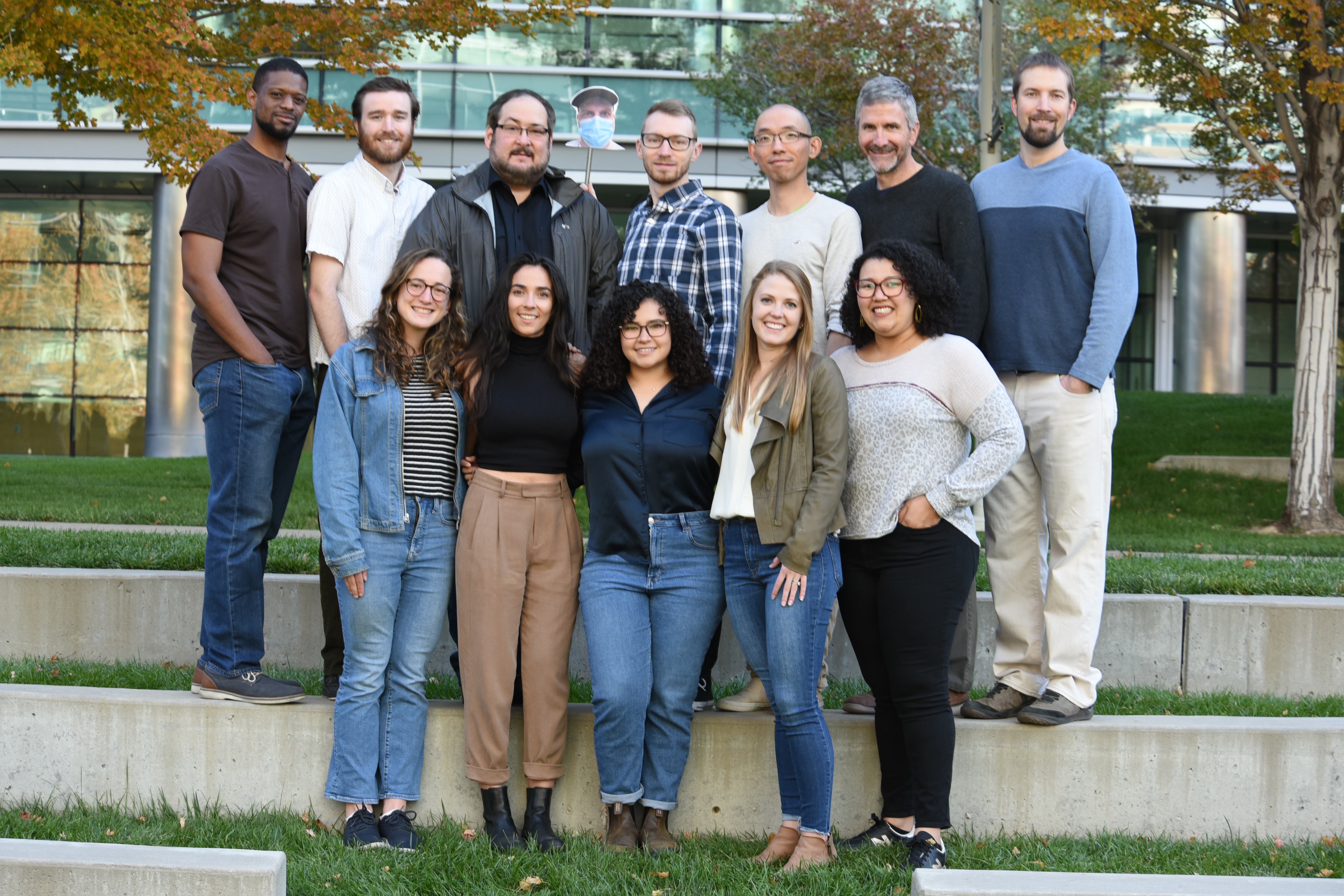
DeGregori Lab
My lab primarily works with mouse models, and we frequently use gene knock-out mice and retroviral models of leukemogenesis. Studies to better understand the conditions that foster the initiation of leukemias and lymphomas are currently a major thrust of the lab. We have developed an evolutionary based model for cancer development, Adaptive Oncogenesis. We are currently exploring how reduced progenitor cellular fitness resulting from carcinogen exposure, irradiation, inadequate diet or aging can select for adaptive oncogenic events and thereby promote the expansion and fixation of oncogenically initiated cells. While current views of carcinogenesis focus on oncogenic mutations as the limiting step, our studies support a novel rationale for links between tumorigenesis and carcinogenic contexts: these contexts may promote the clonal expansion of cells bearing particular initiating events, in part by reducing progenitor pool fitness which selects for adaptive oncogenic mutations.
Other studies in the lab are geared towards the development of novel therapeutic strategies to treat leukemias and non-small cell lung cancers (NSCLC). We perform genome-wide loss-of-function screens using RNA interference (RNAi) to identify genes whose inhibition will synergize with current targeted therapeutics to eliminate cancer cells. Our screens have identified a number of genes that synergistically inhibit chronic myelogenous and acute myelogenous leukemia cells, as well as NSCLC cells, in combination with tyrosine kinase inhibitors, and these genes have been validated as therapeutic targets by using both pharmacological and genetic approaches. These studies could lead to discovery of adjuvants to current therapies that will more effectively treat or possibly even cure common malignancies.
Contact Info
Department of Biochemistry & Molecular Genetics
RC-1 South L18-9401 A-D
12801 E 17th Ave
Aurora, CO 80045
303-724-3233 or 303-724-3231